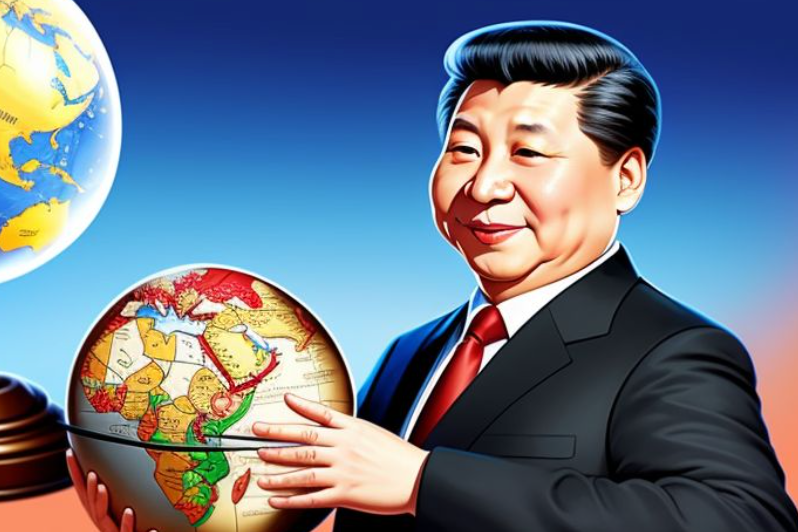In a recent escalation of South China Sea tensions, the United States, alongside a host of international allies, has vocally condemned China for its hazardous maritime conduct involving Philippine vessels. This criticism follows a dangerous encounter where Chinese coast guard ships allegedly collided deliberately with two Philippine coast guard vessels near the Sabina Shoal, resulting in significant structural damage. This incident, reported to have occurred in the early hours of August 19, 2024, intensifies ongoing disputes over maritime sovereignty and safety in the region. Both Beijing and Manila have traded accusations over the cause of the collision, highlighting the fragile state of affairs in these contested waters.
U.S. State Department spokesperson Vedant Patel articulated the U.S.’s strong disapproval of China’s actions, deeming them as not only reckless but also as jeopardizing the safety of those on board the Philippine vessels. This confrontation on the sea is described as a deliberate act by the People’s Republic of China (PRC) to collide with Philippine ships, a move that has sparked international concern over the safety and freedom of navigation in the South China Sea. The incident marks yet another chapter in the tense narratives that have come to define the South China Sea disputes, underlined by a broader geopolitical rivalry and the pursuit of dominance in a region crucial for international maritime trade.
The international reaction has been swift and widespread, with countries including Australia, Canada, the European Union, France, Germany, Japan, New Zealand, and the UK expressing their condemnation of China’s maritime actions. Such unified censure underscores a collective call for adherence to international law and norms governing maritime behavior. Ambassadors and diplomatic figures from these nations have taken to social media platforms to voice their concerns, emphasizing the need for de-escalation and the importance of ensuring that navigational rights and freedoms are respected. This collective diplomatic pressure signifies a robust international response aimed at deterring aggressive maritime conduct and upholding the principle of a rules-based order in the South China Sea.
Moreover, the incident has prompted reaffirmations of military and diplomatic support for the Philippines, showcasing a commitment among allies to regional security and stability. Activities such as the multilateral maritime cooperative activity, conducted by Australia, Canada, the Philippines, and the United States within Manila’s exclusive economic zones, demonstrate a joint effort to strengthen cooperation and signal a collective stance against unilateral maneuvers that threaten peace and stability in the region. These developments, amid ongoing diplomatic dialogues and military-to-military engagements, highlight the complex dynamics at play in the South China Sea, where international law, sovereignty claims, and strategic interests intersect in a closely watched global flashpoint.
#SouthChinaSea #USChinaRelations #PhilippineCoastGuard #InternationalLaw #MaritimeSecurity #FreedomOfNavigation #IndoPacific #RegionalStability







Comments are closed.